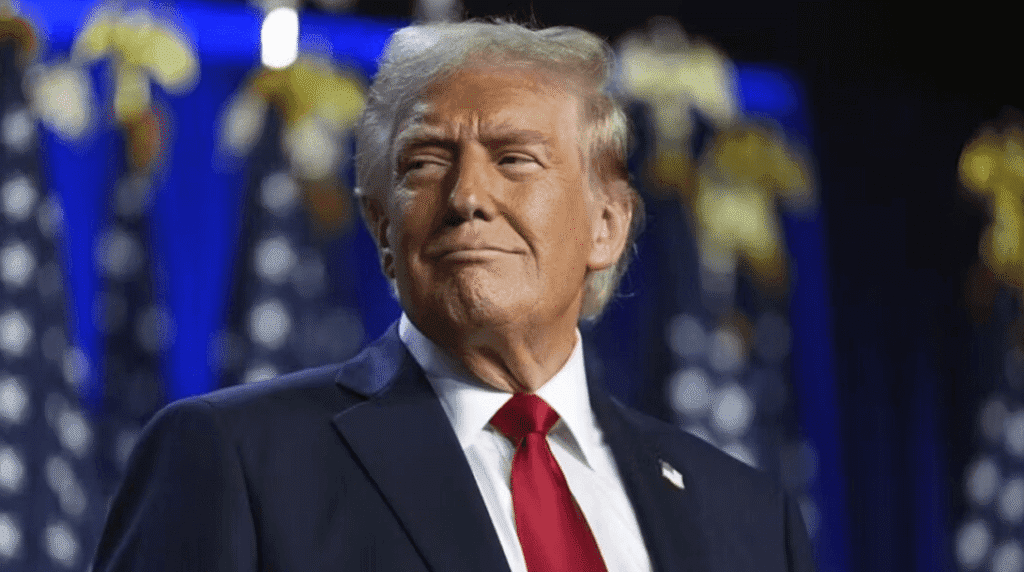WASHINGTON — U.S. President Donald Trump described Pakistanis as “brilliant people” and expressed strong enthusiasm to expand bilateral trade during an interview with Fox News. He also took credit for preventing a near-nuclear conflict between Pakistan and India through his administration’s diplomatic efforts.
Trump recounted how tensions between the two nuclear-armed neighbors escalated rapidly after the April 22 attack in Pahalgam, resulting in missile strikes and military retaliation. He said his behind-the-scenes diplomacy helped pull both countries back from the brink of war.
“That was going to be a nuclear war, I think, or close… And now everyone’s happy,” Trump said, emphasizing the danger of the situation. He stressed that “trade is a tool for peace” and outlined how he urged his team to immediately start promoting commerce between the U.S., Pakistan, and India as part of his peace-building strategy.
Speaking warmly of Pakistan’s leadership, Trump said, “They would love to trade. They are brilliant people and make incredible products. We don’t do much trading with them.” He acknowledged existing trade imbalances and the need for cooperation, jokingly noting it “takes two rectangle” while underscoring the importance of partnership.
Trump criticized India’s economic barriers, calling it “the country with the highest tariffs in the world,” but acknowledged India’s recent willingness to cut tariffs on U.S. goods. He described his success in brokering the ceasefire as “a bigger success than I’ll ever be given credit for” given the nuclear stakes involved.
He vividly recalled the escalation as a dangerous “tit-for-tat” missile exchange, warning that the next step could have been nuclear. “That’s the worst thing that can happen,” he said.
The conflict began after the deadly Pahalgam attack, which India blamed on Pakistan without providing public evidence. India’s subsequent measures included suspending the Indus Waters Treaty and closing borders, while Pakistan responded with reciprocal steps and robust military action, including shooting down Indian jets and launching Operation Bunyan-un-Marsoos.
The ceasefire, announced by Trump on May 11 after intense overnight diplomacy, was confirmed by both countries’ officials, though narratives about foreign involvement diverged.
Trump maintained that his administration used trade incentives as leverage to bring peace, stating, “Let’s not trade nuclear missiles, let’s trade the things you make so beautifully.” He portrayed himself as a peacemaker fostering both world peace and economic progress between South Asia’s two nuclear powers.
